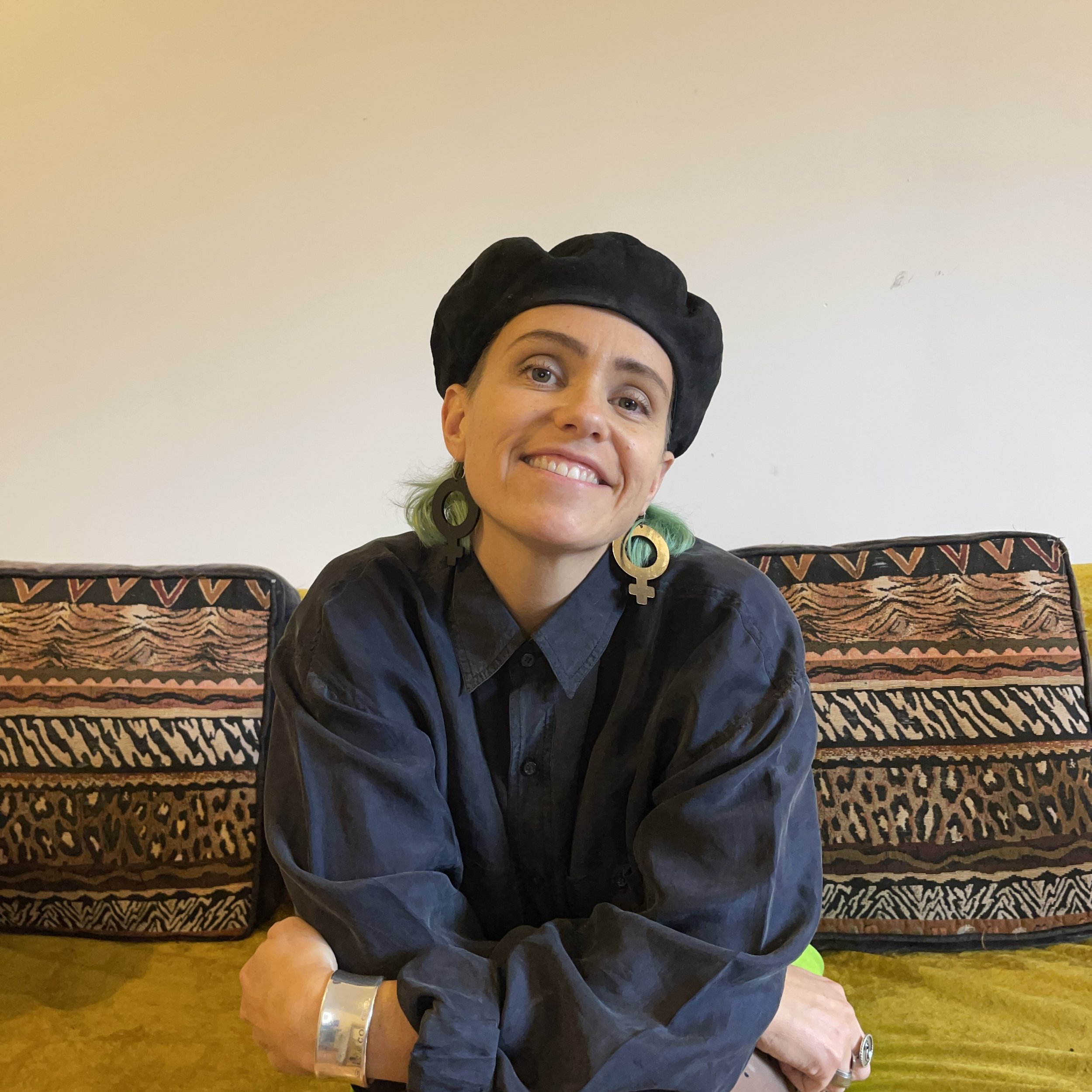EP.11: The Impact of Mass Production With Amy Rafferty
LISTEN NOW
Connect With The Velvet Underground
Stay in touch with The Velvet Underground by following them on Instagram! And if you're ever in Whistler BC - pop by their shop or get involved in local events!
Website: shopvelvetunderground.com
Instagram: @shop_thevelvetunderground
This week we are joined by Amy Rafferty for an engaging conversation about mass production, supply chain overload and what happens to clothes after they're discarded by corporate fashion brands.
The Guest:
Amy is an incredible environmentalist, feminist and the owner of The Velvet Underground (now F as in Frank) which is a secondhand vintage store based in Whistler Vancouver, BC with the mission to promote self-expression and educate their audience on the truth behind fast fashion and secondhand sustainability.
Join us for an engaging conversation about mass production, supply chain overload and what happens to clothes after they're discarded by corporate fashion brands.
This Episode at a Glance:
1) Supply Chain Overload
Supply chain overload happens when brands push suppliers and manufacturers with order quantities that are too large for a single factory to handle. This system enables brands to over-demand production with the threat of taking business elsewhere, pushing factories to outsource to subcontractors in fear of losing business. These subcontractors typically operate in extremely obscure conditions, don't adhere to compliance, local law and are not only unsafe places to work from an environmental/pollution perspective but a common issue in many factories is a violation of basic human rights including little to no pay, slave-like labour, physical/sexual abuse and child labour.
2) Why Overproduction Happens
In this section, Amy and I explore why overproduction happens in the first place. We talk about corporate brands that plan poorly, come out with collections 52 times a year, and place more of a focus on making more profits than they did the week prior than to properly managing their production and balancing what the supply chain can handle, the needs of consumers and the overall industry as a whole.
We explore how fast fashion exists solely to increase profits at the cost of human and environmental life and how these systems are affecting local economies.
3) What Happens With Donated/Dumped Clothes
Digging into the afterlife of the mass-produced clothes, we talk about Amy's personal experience in the secondhand fashion space in Vancouver and what happens to clothes that are donated/dumped. And it might come as a shock to some, but a lot if not most of the donated clothes we think are going to goodwill - end up in landfills or shipped overseas for developing countries like Ghana, Chile, Bulgaria and many more to deal with our waste.
Ending Notes:
If you found this episode useful or resonated with it, please share it with your network!
EP.11/
Amy Rafferty
(she/her)
